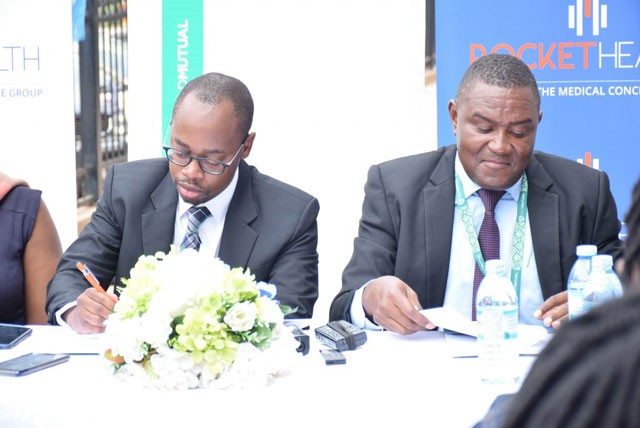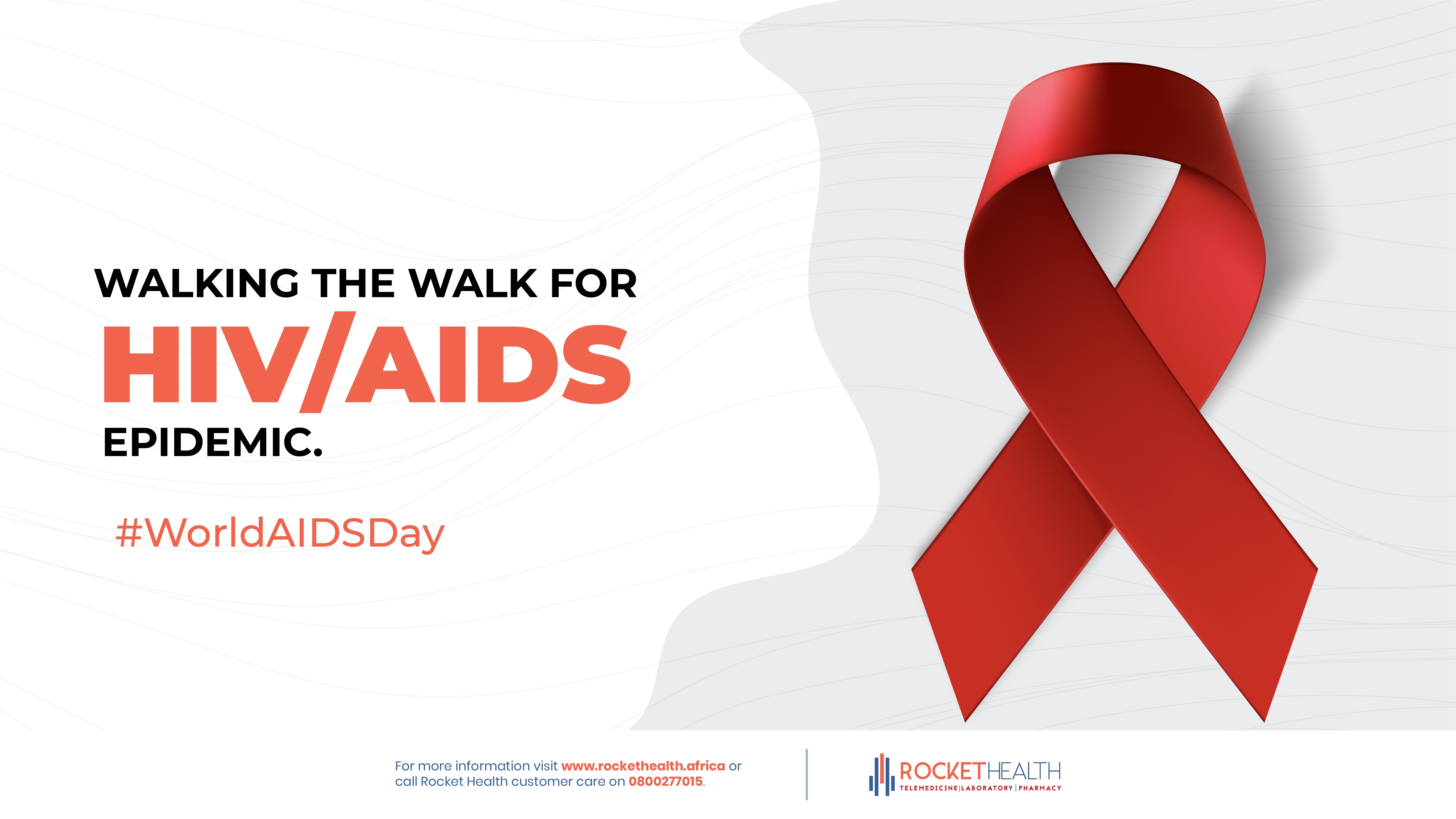Ugandans in need of medical services no longer have to travel distances before they can access care, as more and more people embrace telemedicine, a practice which allows the remote delivery of healthcare services.
Through the practice, healthcare providers evaluate, diagnose and treat patients using telecommunications technology such as computers for video conferencing and electronic devices like smartphones, without the need for an in-person visit.
For as low as 100,000 Shillings paid annually, Ugandans can now have access to a medical practitioner providing the service through a phone call or social media tools like WhatsApp. Using the technology, medics provide a diagnosis for illnesses such as colds, malaria and allergies.
Dr Davis Musinguzi, the Managing Director of the Medical Concierge Group-TMCG, the first provider of telemedicine services in Uganda said that the service was begun to reduce the time it takes for people to access health care at health facilities.
Data from the health ministry shows that the doctor to patient ratio stands at 1:10,000. Dr Musinguzi says with their service, more patients can be attended to by a few doctors.
“Instead of a patient travelling and wasting time seated in a hospital waiting room, where they are given the opportunity to just make a phone call, describe how they feel and have a diagnosis given followed by a prescription. This way, doctors are able to help more people who need care.”
Dr Musinguzi explains that doctors under telemedicine base their diagnosis on medical history.
To ensure that clients can have a face to face interaction with doctors, the group opened a health facility; Rocket Health Clinic, along Lumumba Avenue in Kampala. The clinic will offer medical services to patients that need to have an interface with a medical practitioner.
The group began its operations in 2012 as a group of doctors offering medical related answers to people with questions via WhatsApp. Through such services, Dr Musinguzi estimates that they have 50,000 users throughout the country.
In addition to annual subscription fees that clients need to pay, in cases where specialist care is needed, patients are mandated to part with more money if there is need to be connected to a specialist.
As part of the services that they offer, patients can order for lab work or even order drugs on The Medical Concierge Group. Once a patient makes a request, a medical officer is dispatched to either draw blood or deliver a prescription. For prescription-only drugs, patients are required to attach a prescription to their order before it can be filled an delivered at their doorstep.
The idea of using telecommunications in the medical field is not a new one. In 2008, the ministries of Health and Information and Communication Technology launched plans to implement Telemedicine in health facilities across the country through the Rural Communications Development Fund. The move was supposed to see Mulago National Referral Hospital linked to big hospitals in India and other parts of the world. However, the project never took off.
To increase their services, the group signed a Memorandum of Understanding with UAP insurance to give its Old Mutual health insurance clients the opportunity to seek services on the group. Dr Miriam Musinga, the head of health business at UAP Old Mutual says that the services will enable their clients to access medical care wherever they are.
“Customers should be able to get better access to good quality health care which is our aim. There’s an option of getting a second opinion and patient education. This will make sure our customers are healthy.”
Naomi Nandesa, a mother of four says that while the idea is a good one, it is also scary and not applicable. “If people can get wrong results after seeing a doctor, what then will happen when doctors start diagnosing diseases over the phone? Some ideas look good on paper but are not applicable.”
But Dr Musinguzi says their doctors are trained to be able to offer the right kind of diagnosis to patients without having to meet them. As such, there is no need to worry that patients will receive the wrong diagnosis.
Dr Katumba Ssentongo, the registrar of the Uganda Medical and Dental Practitioners Council says that the use of Telemedicine is not new in the world.
“Medicine is practised in many ways around the world and this is one of those ways. The use of technology bridges the gap in communities and as a result people who cannot travel get the opportunity to get the care they need.”
Telemedicine is being used in neighbouring Kenya, South Africa and Ghana.
Credits: ugandaradionetwork.com


